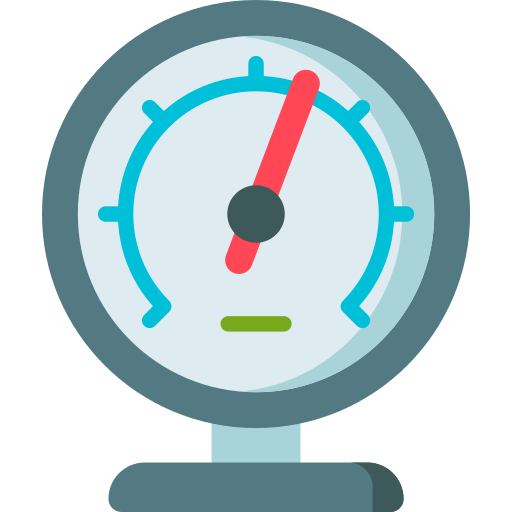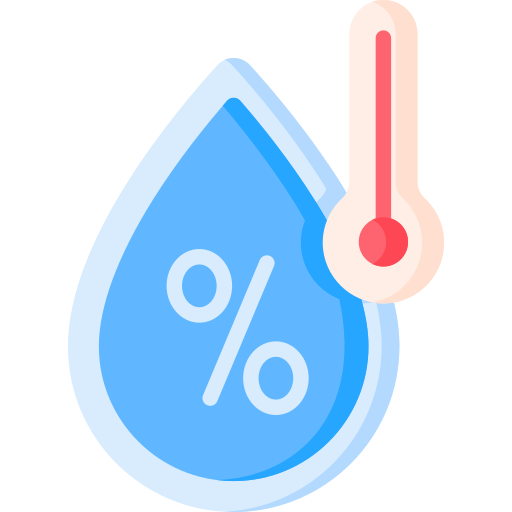Bratislava - Introduction

About Bratislava
Bratislava (German: Pressburg, Hungarian: Pozsony) is the capital and largest city of the Slovak Republic and the fourth largest of all cities on the River Danube. Officially, the population of the city is about 475,000; however, some sources estimate daily number of people moving around the city based on mobile phone SIM cards is more than 570,000. Bratislava is in southwestern Slovakia at the foot of the Little Carpathians, occupying both banks of the River Danube and the left bank of the River Morava. Bordering Austria and Hungary, it is the only national capital to border two sovereign states.
The city's history has been influenced by people of many nations and religions, including Austrians, Bulgarians, Croats, Czechs, Germans, Hungarians, Jews and Slovaks. It was the coronation site and legislative center and capital of the Kingdom of Hungary from 1536 to 1783; eleven Hungarian kings and eight queens were crowned in St Martin's Cathedral. Most Hungarian parliament assemblies were held here from the 17th century until the Hungarian Reform Era, and the city has been home to many Hungarian, German and Slovak historical figures.
Today, Bratislava is the political, cultural and economic centre of Slovakia. It is the seat of the Slovak president, the parliament and the Slovak Executive. It has several universities, and many museums, theatres, galleries and other cultural and educational institutions. Many large businesses and financial institutions have headquarters there. Bratislava is the 19th-richest region of the European Union by GDP (PPP) per capita. GDP at purchasing power parity is about three times higher than in other Slovak regions. The city receives around one million tourists every year, mostly from the Czech Republic, Germany, and Austria.
Bratislava Current Weather
Bratislava, Slovakia
2025-04-21 14:11
Partly Cloudy
21.2°C
| Parameter | Value |
|---|---|
Wind 
|
3.6 km/h |
Pressure 
|
1010 mb |
Humidity 
|
60% |
Visibility 
|
10 km |
UV Index 
|
4.6 |
Precip 
|
0 |